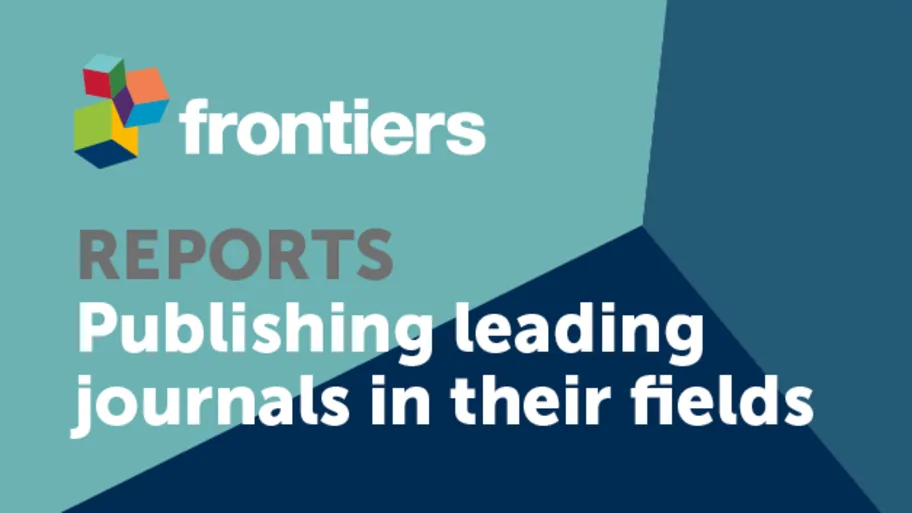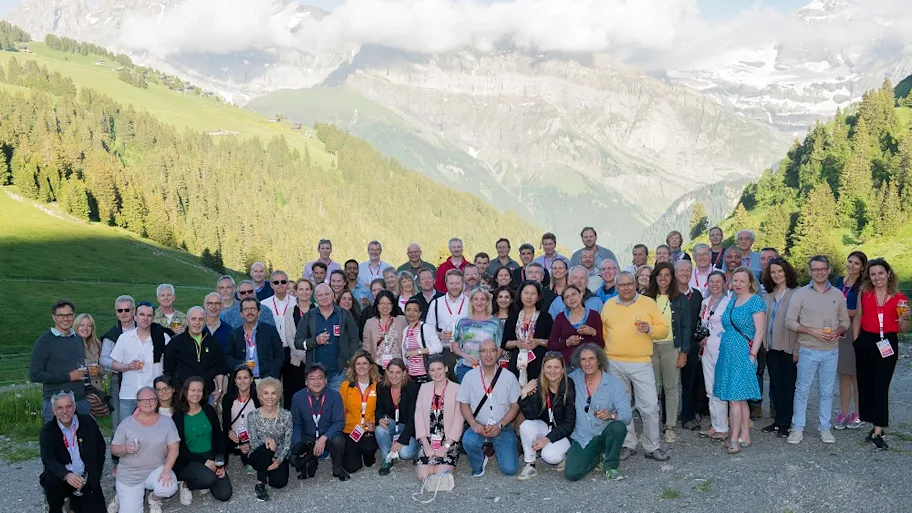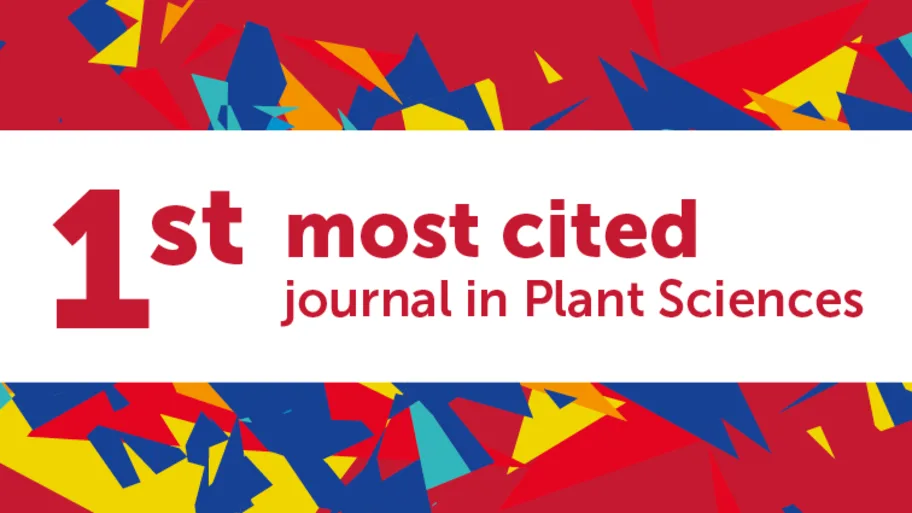
- Science News
- Frontiers news
- Frontiers 2017 – a year in review
Frontiers 2017 – a year in review

With the end of the year in sight, we would like to thank the Frontiers community for the amazing accomplishments of 2017.
The scientific excellence achieved this year is your success — as Frontiers authors, editors and reviewers. By embracing openness and working together, we move the future of science one step closer to Open Science.
Here is a quick look back at some of the key 2017 achievements:
Growing community
Nearly a decade ago, we set out to make Open Science a reality. This year has seen enormous progress towards this mission — enabled by the dedication and commitment of our growing team of 370 employees in offices across 6 countries.
More and more researchers and institutions are adopting Open Science solutions as a standard part of their practices and protocols. This trend is reflected by the rapid growth of the Frontiers community. With now over 75,000 editors and reviewers and 300,000 authors, and an institutional membership program that covers 59 research institutions in 11 countries, the Frontiers community represents the full breadth of research from around the world.
The year ended with a landmark Open Access Publishing Framework Agreement signed between Frontiers, the Austrian Science Fund (FWF) and the University of Vienna. Austrian researchers affiliated with or funded by these institutions can now publish their articles in Frontiers’ journals through a simplified process that covers article processing charges and provides comprehensive reporting at an institutional and national level.

Worldwide readership
Frontiers articles are highly visible and consumed at a global scale. To date, Frontiers articles have been viewed and downloaded over 320 million times, with 100 million views and downloads received in 2017 alone.
Open Science impacts not only research communities, but also industry. Interestingly, some of the highest readership rates on Frontiers articles come from economic hubs, such as the Silicon Valley (USA) and Shenzhen (China).
Browse some of 2017’s top articles covering a range of exciting new discoveries:
Immunology — interplay of the gut microbiome and immune responses, immune-based therapies for cancer and other diseases and autoimmune disorders.
Microbiology — microorganisms in your gut, antibiotic resistance and how growing in the International Space Station affects bacteria.
Neuroscience — cognition in elderly people, link between neural network structure and function and the involvement of glial cells in psychiatric disorders.
Plant Science — gall formation, seagrass ecology and improved agricultural crops and systems.
Psychology — effects of video games, the impacts of different education approaches and the persistence of neuromyths.

Scientific excellence — top citation impact
In 2017, Frontiers journals were once again producing some of the highest citation rates in their academic fields, ranking in the top CiteScore percentiles (Scopus, 2016) as well as the top Impact Factor percentiles (2016 Journal Citation Reports, Clarivate Analytics, 2017).
According to the 2016 Journal Citation Reports (Clarivate Analytics, 2017), Frontiers journals further improved their citation rankings in several categories. In terms of total citations received, Frontiers journals rank at the top most cited in 4 categories, namely Neurosciences, Psychology, Multidisciplinary Psychology and Plant Sciences. Frontiers journals also rank as the 2nd-most cited in the category of Physiology, the 3rd-most cited in Microbiology and the 5th-most cited in Immunology.

Innovations for scientific excellence at scale
Our custom-built Open Science Platform is designed to enhance scientific excellence, promote maximum readership for published articles and built for scalability. By investing in IT experts and engineers (currently around 200) and building technological innovations in-house, we release new platform features and services every two weeks.
2017 saw many enhancements to our Digital Editorial Office, a dedicated online cockpit for our editors to manage their journals and editorial boards, as well as efficiently oversee the peer-review process. A significant achievement is the automation of many quality control checks, including plagiarism, conflicts-of-interest and flagging of content. In addition, our dedicated Research Integrity Team pre-screens articles at submission and immediately rejects articles that do not pass quality checks.
As submissions continue to grow, this allows us to safe-guard quality more efficiently and better support our editors and reviewers in important quality assurance tasks.
Community support
Supporting research communities is at the heart of Frontiers — to enable our editors and promote their leadership and their fields.
In 2017 alone, Frontiers participated in 121 international conferences and sponsored 44 events.
We also hosted our 3rd annual Editors Summit. This weekend retreat in the Swiss mountains provides a unique opportunity for the Frontiers community to come together around key topics and Open Science strategies.
In addition, 2017 saw the launch of the 1st annual Frontiers Spotlight Award. A US$100,000 prize for an outstanding Research Topic was awarded to the winning team of Topic Editors to organize an international scientific conference. The winning topic, as chosen from a shortlist of top 10 finalists, was on the augmentation of brain function, to which 600 authors contributed 150 research articles.

Open Science for sustainability
The world needs science to solve critical challenges in health, climate change and environmental sustainability. Making research results openly and immediately accessible is the critical accelerator we need to tackle these challenges. For this reason, in 2017, we aligned our publishing efforts with the UN Sustainable Development Goals, started a sustainability journal program and launched it’s first journal, Frontiers in Sustainable Food Systems.
To learn more about how Open Science can save the planet watch our CEO, Kamila Markram, present at TEDx Brussels earlier this year.
Open Science outreach
Our Open Science outreach program, Frontiers for Young Minds, fosters love for science from a young age by translating cutting-edge research articles for children and actively involving them in the review process. This year we were delighted to announce a new partnership with the Patrick & Lina Drahi Foundation, to bring this initiative to children in new languages, starting with a Jerusalem-based pilot project for Hebrew-speaking kids.
Open Science advocacy and collaborations
We are passionate about Open Science and work with like-minded people and organizations to pursue our vision for Open Science.
In 2017, Frontiers:
Became a member of the European Commission’s Expert Group on the Future of Scholarly Publishing, established to support Research and Innovation policy development around Open Science
Participated in two Horizon 2020 research projects, OpenUp and OpenMinTed
Participated in numerous events, including:
TEDx Brussels: Open Science can save the planetFrontiers CEO Kamila Markram made a case for why open science is the key to innovation, economic growth and solutions to a sustainable future.
European Commission: Research & Innovation – Shaping our futureJeremy Farrar (Director, Wellcome Trust), Fabiola Gianotti (Director-General, CERN) and Kamila Markram (CEO, Frontiers) discussed how to maintain world-class scientific excellence in Europe.
Digital Open Science: Solving the societal and sustainability challenges of the 21st centuryLeading figures from policy, science, publishing and advocacy addressed how to best leverage Open Science. Hosted by the Mission of Switzerland to the EU, SwissCore and Frontiers, in cooperation with the Estonian Presidency of the Council of the EU.
Data Services:Data in an Open Access WorldHosted by Frontiers, text-and-data miners, library representatives, experts on e-infrastructures, public policy makers and university researchers, met to discuss the role of data services in academia.
**Research Working Party of the European Council**Invited by the Estonian Presidency of the Council of the EU, Frontiers was asked to discuss innovative digital technologies for open science.
Web Summit 2017: Restoring Faith in ExpertsCarlos Moedas (European Commissioner for Research, Science and Innovation), Tiago Brandão Rodrigues (Minister of Education, Portugal), Kamila Markram (CEO, Frontiers) and Robert Curl (Nobel Prize Winner) discussed how academics, policy makers and politicians can enhance trust in scientific expertise.
In addition to our own advocacy brochure, Open Science Works, in 2017 we were involved in several EU legislation and policy-making initiatives:
Position statement on the impact of EU copyright reform, supported and signed by 10 other Open Science stakeholders.
Contribution to the Horizon 2020 interim evaluation and recommendations for Framework Programme 9. Download here.
Endorsement of the European Open Science Cloud Declaration. Download here.

In 2018, we will continue to improve and expand our services on our Open Science platform, guided as always by Frontiers’ principles and vision for Open Science and ensuring that you have all the tools and support needed to produce high-quality, peer-reviewed research publications.
Congratulations again to all authors, editors and reviewers for your truly exceptional Open Science successes. Best wishes for the holiday season and we look forward to another exciting year ahead!






